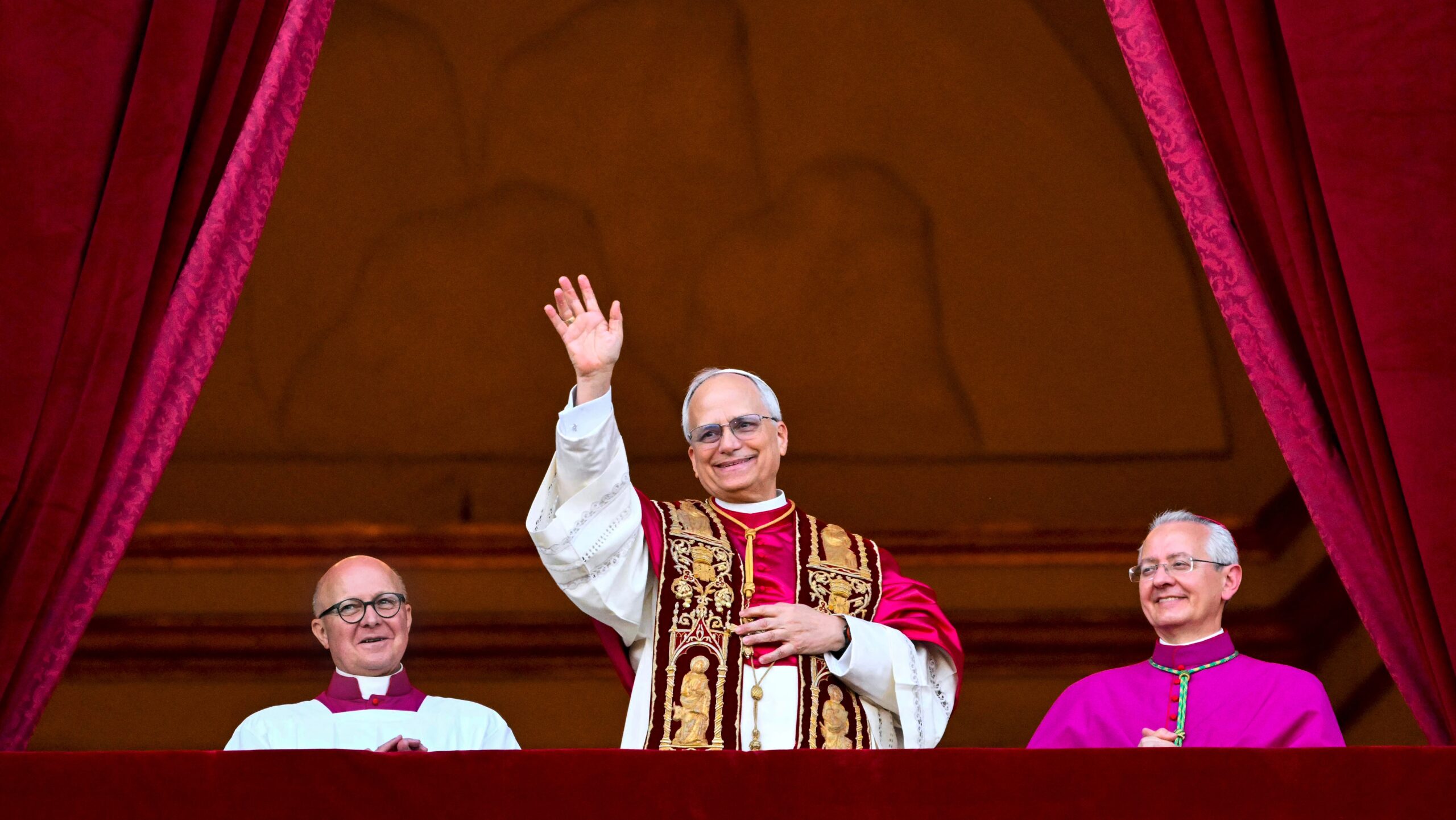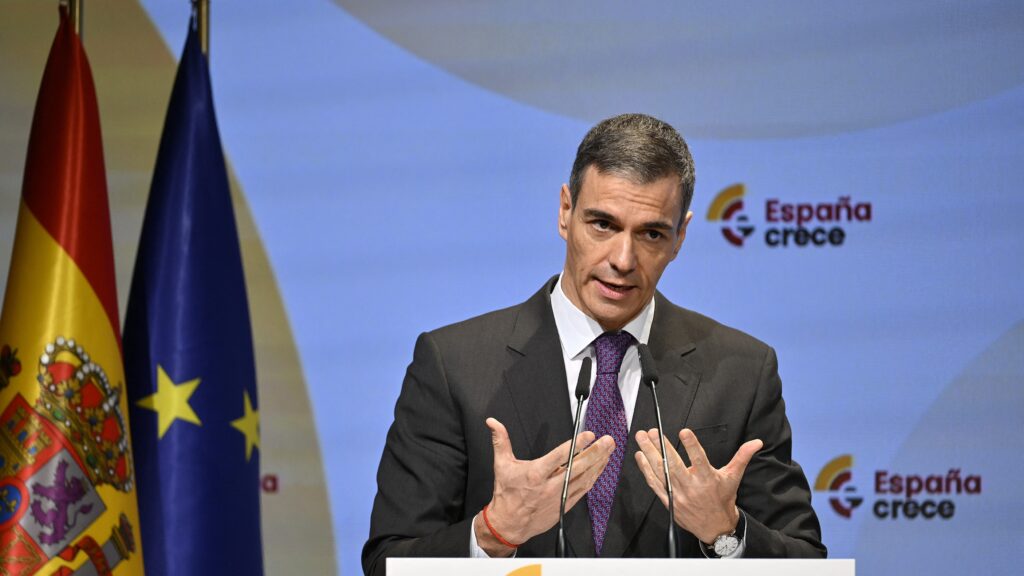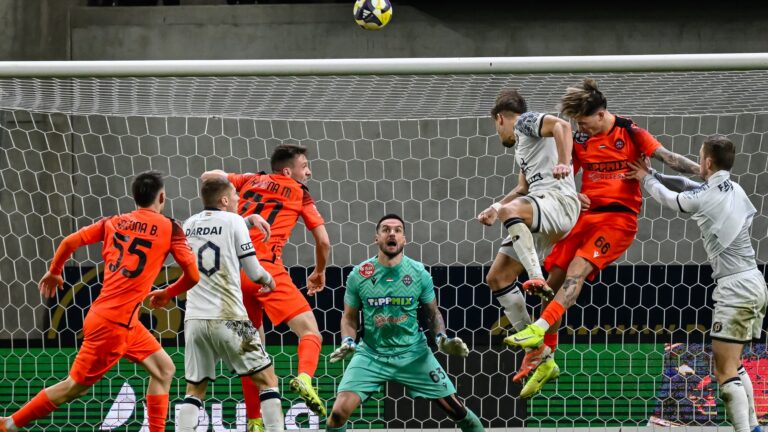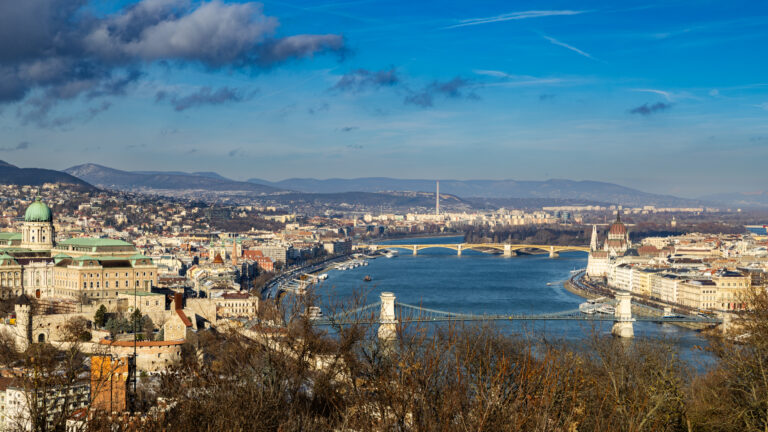‘What do you think of the new Pope?’ has been the most common question I have been asked as soon as Cardinal Robert Francis Prevost became the 267th Successor to St. Peter under the name of Leo XIV.
My instant reaction, as I communicated to many, when the new pope came onto the balcony of the façade of St. Peter’s Basilica, was that he presented himself very well, serene, calm, and without theatricality or strangeness. Subsequently, two observations to consider.
The first is that Pope Leo XIV wore the traditional red pellegrina—the short, elbow-length sartorial cape that covers the shoulders and is buttoned over the chest—over the white cassock. And while he did not don the red papal shoes as Benedict XVI did, something that was abhorred by progressives, he did put on a papal stole over the pellegrina, which Pope Francis had eschewed. This served not only to send a message (not necessarily and not only to the faithful, but also to the cardinal electors) that his pontificate would be different, respecting, of course, the contributions of his recent predecessors.
The second is the name he chose: ‘Leo’—not Francis II—the fourteenth to be called as such. The new Pope explained to the cardinals on Saturday that his name was in honor of Pope Leo XIII, who reigned from 1878 to 1903, and was recognized for his social undertakings in the world, specifically for his Encyclical Rerum Novarum (1891) on the Rights and Duties of Capital and Labor. ‘He addressed the social question in the context of the first great industrial revolution,’ Pope Leo recalled. ‘Today, the Church offers to all her treasure of social teaching in response to another industrial revolution and the developments of artificial intelligence.’
‘Among so many wolves, I hope he is a lion’
The name ‘Leo’ is a name rooted in tradition. The first Pope Leo, St. Leo the Great, who reigned from 440 to 461, was a contemporary of St. Augustine of Hippo and is known for his zeal for the unity of the Church and orthodoxy, as well as his affirmation of the Petrine primacy and the restoration of ecclesiastical discipline. By choosing this name, Leo XIV has inserted himself into the two-thousand-year history of the Church, which indirectly means that the Church did not begin on 11 October 1962, at the opening of the Second Vatican Council.
Indeed, the Pontiff comes from the Augustinian order, which follows the rules on the religious life written by one of the greatest Doctors of the Church, St. Augustine himself. ‘I am a son of Saint Augustine,’ said the Pontiff when greeting the faithful for the first time, ‘[an] Augustinian, who once said: “With you I am a Christian and for you a bishop.” In this sense, we can all walk together towards that homeland that God has prepared for us’, i.e., one that looks firmly ahead to the challenges of a rapidly changing world and the perennial call to protect those most vulnerable within it.
At his first papal mass with the Sacred College of Cardinals in the Sistine Chapel, he did not come off as militant as Pope Francis did just after he was elected in 2013, when he cited the controversial Léon Bloy saying:
‘When one does not confess Jesus Christ, I am reminded of the expression of Léon Bloy: “He who does not pray to the Lord prays to the devil.”When one does not confess Jesus Christ, one confesses the worldliness of the devil.’
While Francis’ reference to Bloy may have been a just forewarning on the millennial idolatry of technology, material riches, and carnal pleasure, Leo struck a different tune.
‘Who do people say that the Son of Man is?’Leo cited Jesus’ question as recorded in the Gospel of St. Matthew, before St. Peter makes his confession of faith: ‘You are the Son of the living God.’ To which the Lord responds: ‘Blessed are you, Simon…Thou art Peter, and upon this rock I shall build my Church.’ (cf. Matthew 16, 16–19)
The Pontiff says that, just as it was during the biblical times, ‘the Christian faith [today] is considered absurd, meant for the weak and unintelligent. Settings where other securities are preferred, like technology, money, success, power, or pleasure.’
‘Today, too, there are many settings in which Jesus, although appreciated as a man, is reduced to a kind of charismatic leader or superman’
Indeed, continues Leo: ‘Today, too, there are many settings in which Jesus, although appreciated as a man, is reduced to a kind of charismatic leader or superman. This is true not only among non-believers but also among many baptized Christians, who thus end up living, at this level, in a state of practical atheism…Therefore, it is essential that we too repeat, with Peter: “You are the Christ, the Son of the living God.”’
And, oh, yes! Leo XIV is the first American pope, and this, of course, gives him a particular insight into both the divisions within the Church and the tragedy of the present-day body politic in our global society. Nevertheless, I am convinced that before he identifies himself as an American or a son of Peru, where he served faithfully as a missionary, or with whatever race of his forefathers, he identifies first and foremost as a Roman Catholic. For, as St. Paul said: ‘There is neither Jew nor Greek; there is neither slave nor free…[we]are all one in Christ Jesus.’ (Galatians 3, 28) And this is a step toward healing the self-inflicted wounds of the Church and society. The name ‘Leo’ means ‘lion’. Among so many wolves, I hope he is a lion! Let us pray for our new Pontiff, and may the good Lord assist him. Viva il Papa!
Related articles:







